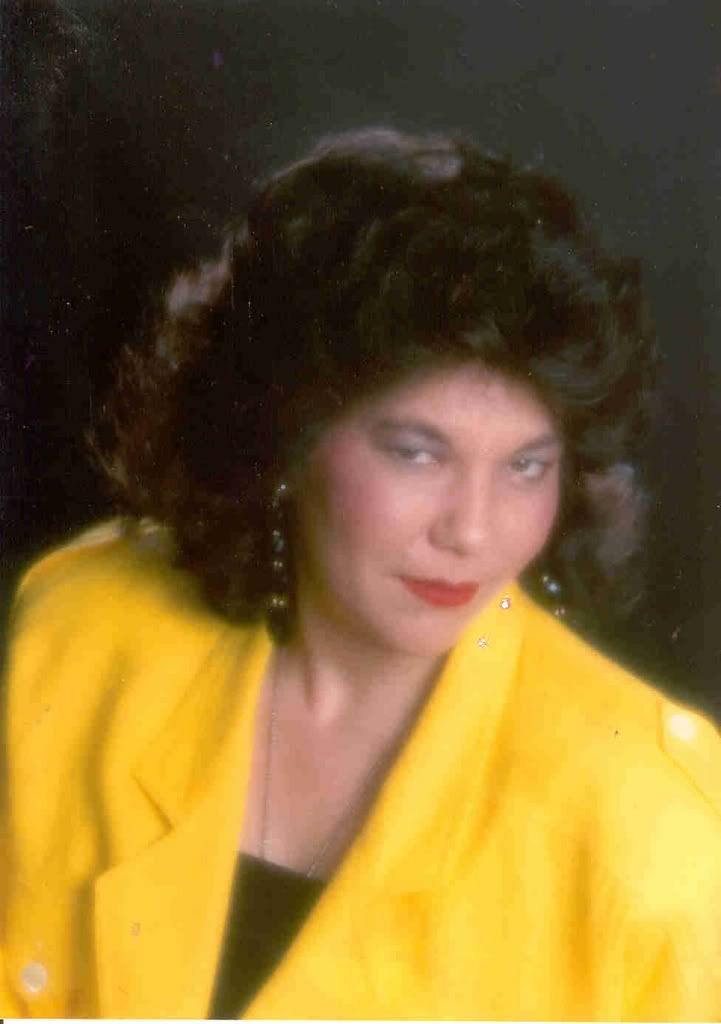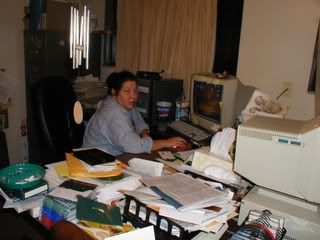Point of View & Shifts
- According to Wikipedia- "Point of view (literature), the perspective of the narrative voice; the pronoun used in narration."
Here in the States, shifting point of view or POV shifts is a big deal when writing. It's also known as head hopping. It's when you write in one person's point of view...what that person hears, sees, feels, smells and switching it to another person's. I'm not saying multiple points of view is bad. It's just difficult to write and worse to read. After a while you don't know who's thoughts are who's and you end up lost.
An example of POV shift...
Johnny and Cathy were having a huge argument. Cathy was in tears. She felt like her world was coming to an end. It seemed like the only thing they could agree on was divorce. Johnny felt like he was losing his mind. He didn't want a divorce. Cathy had to be crazy. He must think I'm crazy. He's crazy too if he thinks I think I want a divorce.
Okay, this a fast example of a switch. As you read the above did your mind go...who's on first, what's on second...I dunno where is. The problem with writing is you as the writer knows what is going on in every character's head and you tend to write it that way.
The easiest way to write is in one point of view. What one person thinks, feels, smells, touches, etc.
Cathy felt like she was losing her mind as she and Johnny fought. The fight itself was insignificant in the beginning but blew out of proportion as it continued. She wiped a warm tear away as it made its downward trail along her cheek. I don't want a divorce.
This way it's almost like a one-sided argument. You know she''s upset. You know a lot of things about Cathy. Who's point of view is your story written in. Who's telling your story? Who's your main character? That's the point of view you want to stay in.
In point of view you also first person. Same example, but written in first person... I, me, my etc.
I felt like I was losing my mind as Johnny and I fought. The fight itself was insignificant in the beginning but blew out of proportion as it continued. I wiped a warm tear away as it made its downward trail along my cheek. I don't really want a divorce.
Same example in third person is the first way I wrote it above without the POV shift...he, she, they, hers, his, etc
Omnipotent point of view is probably the hardest to right. That's when you have a narrator who is not a character, but the narrator knows all. The narrator is godlike.
Cathy and Johnny were fighting again. Their fight started insignificantly, but soon blew out of proportion. She wiped a tear which traveled down her cheek away. Neither one of them wanted a divorce, but neither knew how each other felt.
Sound complicated? It can be. If you must change POV in your story here's a fix...
1. Start a new chapter in the new POV.
2. Push "enter" twice to indicate a POV shift. By double double spacing, it reads as a break in the scene.
Pick up any book you've read recently and look at how POV shifts are handled by the writer. Sometimes the shift is so subtle it is overlooked. This is where careful proof reading comes into play.I'm off to my evening critique session. On the agenda tonight is murder by the numbers. A lot of technical discussions, but the role playing is fun...Y'all Write On!








3 comments:
Hello JL Murphey! You visited The Lingerie Post and I thought I should come by and spend some time with you...Had a great time reading your post...My how time flies when you have good material to read... Lovely Blog and great reading!!!
Found your blog via the blogger help share group and I love it! As someone who recently began writing again, I find your topics helpful and fun to read. Great job and thank you! I'm a fan! (but not a creepy Kathy Bates from Misery #1 fan type of fan. I promise.)
Geoff
http://geoff40.blogspot.com
Geoff, I'm not worried about the Kathy Bates of the world, but the creator, Stephen King....that's a whole 'nother story.
Post a Comment